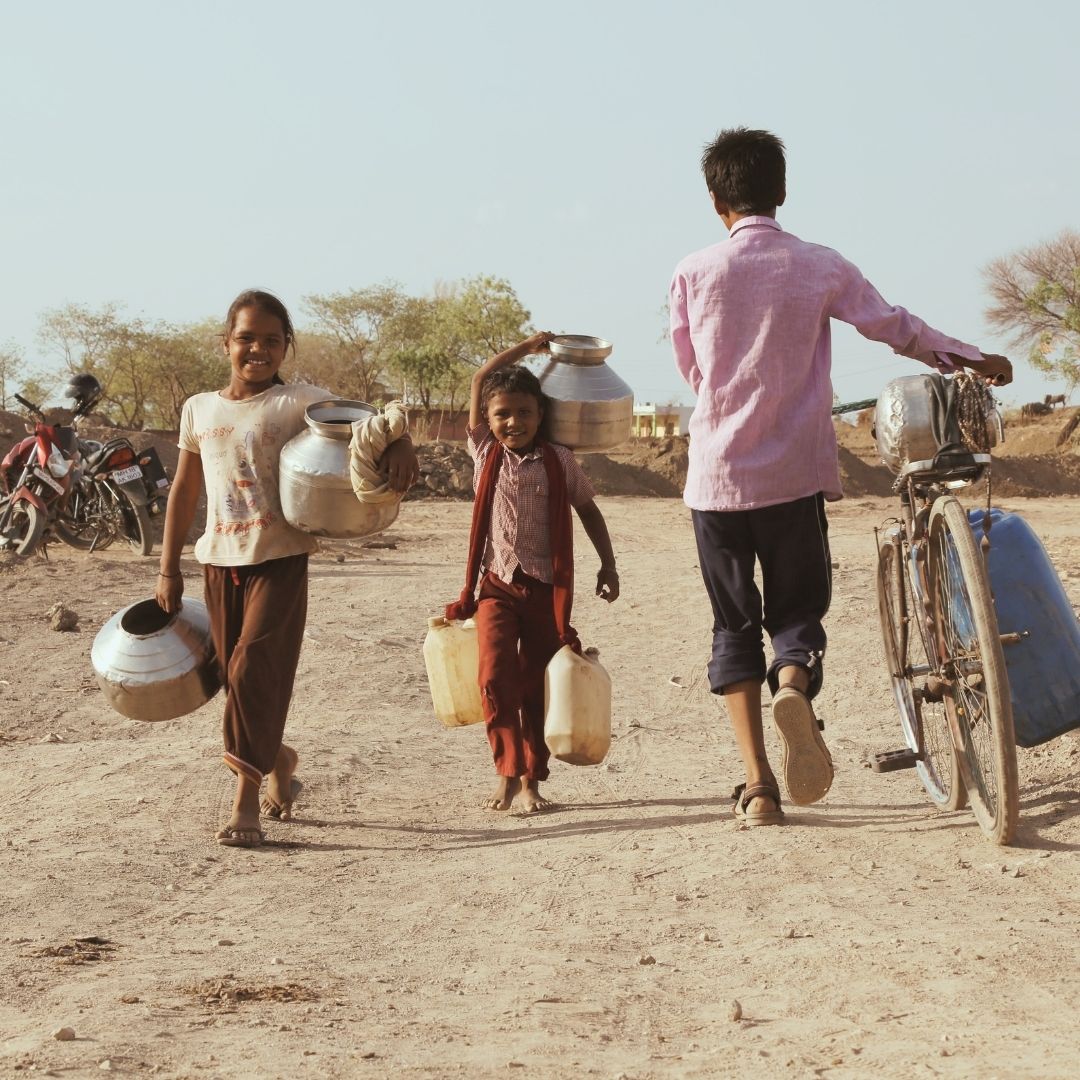
Image Credits: Unsplash
Code Red: At least 100 Districts In Country Most Vulnerable To Climate Change
Writer: Zara Antoinette Kennedy
I am an aspiring journalist with an avid appreciation for the law and a chutzpah that's only seen in admirers of these disciplines. I am currently pursuing a triple major in English, Journalism, and Psychology.
India, 4 Sep 2021 8:50 AM GMT
Editor : Palak Agrawal |
Palak a journalism graduate believes in simplifying the complicated and writing about the extraordinary lives of ordinary people. She calls herself a " hodophile" or in layman words- a person who loves to travel.
Creatives : Palak Agrawal
Palak a journalism graduate believes in simplifying the complicated and writing about the extraordinary lives of ordinary people. She calls herself a " hodophile" or in layman words- a person who loves to travel.
Jharkhand, Mizoram, Odisha, Chattisgarh, Assam, Bihar, Arunachal Pradesh, and West Bengal, all of which lie in the east of India, have been found to have higher vulnerability.
As per a recent study, all 612 districts are vulnerable to climate change but at least 100 districts, mostly in the eastern region of the country, are particularly under threat.
This conclusion was derived after conducting a vulnerability assessment study. Eight states in the country viz., Jharkhand, Mizoram, Odisha, Chattisgarh, Assam, Bihar, Arunachal Pradesh, and West Bengal, all in eastern India are found to have a higher vulnerability,
Indian Institute of Science, Bangalore along with IIT Mandi and IIT Guwahati had undertaken this study which was supported by the Department of Science and Technology.
Akhilesh Gupta, senior adviser and head of the Policy Coordination and Programme Management (PCPM) Division of the Department of Science and Technology, and a climate change expert support this report and have called for urgent policy-level action, according to an official release.
IPCC Report
Highlighting the Intergovernmental Panel on Climate Change (IPCC), Gupta said that a 1.1 degree Celsius increase in global temperature above the pre-industrial era level is most likely to further increase to 1.5 degrees Celsius in the next two decades.
Gupta further added that India is also expected to face the wrath of global warming with an increase in frequency, severity, and duration of heatwaves and the monsoons becoming more erratic. He also indicated an increase in the frequency of droughts and floods with Indian seas experiencing a rise in sea levels. He went on to say that the sea level had already risen in the last two decades.
"Next two decades are going to be very crucial. IPCC's working group report gives stark warnings for global climate impacts. The two-degree rise in global temperatures may come earlier than expected. It may have a huge impact on India, especially on agriculture, health, and water security. India is confronted with a challenge of addressing such impacts," he added.
Maj Gen M K Bindal, Executive Director, NIDM, MHA warned that we have already reached the danger mark. According to him, rapid access to information is the need of the hour to protect lives, and that the key to encounter climate change is the use of science, technology, and innovation (STI).
Also Read: Maharashtra: Anganwadi Workers Return 80,000 Faulty Smartphones, Demand Technical Upgrade
 All section
All section













